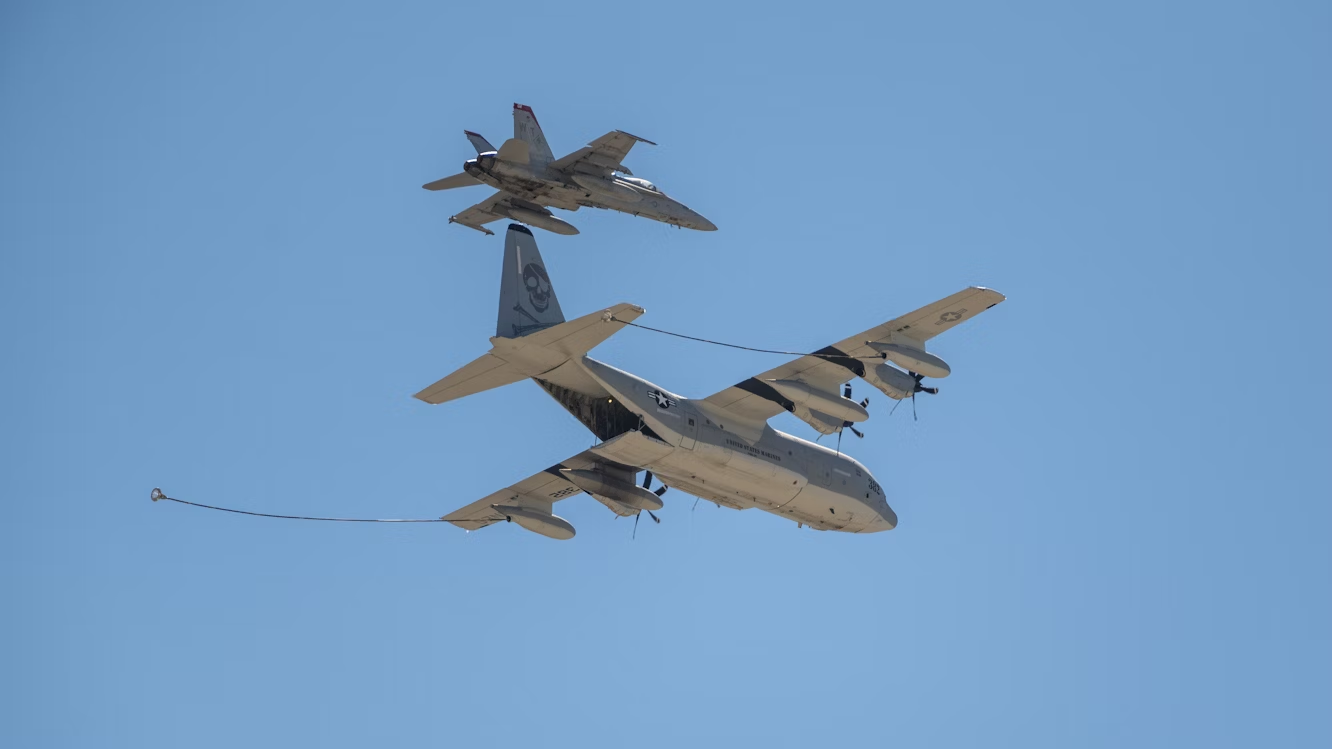The Trump administration is moving in a precarious manner, voicing intentions of diplomacy while quietly repositioning military assets across the Middle East. Trump issues stern warnings that sound like orders to Iranians, urging civilians to evacuate Tehran and demanding an end to its secretive uranium enrichment programme, yet denies any role in Israel’s strikes on Iranian nuclear sites. Meanwhile, the USS Nimitz sails west, and over 30 U.S. refuelling tankers are deployed, provoking suspicions of provocation or a pretext for escalation. Officials describe the movements as routine, but their precision and timing suggest a deeper strategic play. Iran accuses Washington of complicity, casting doubt on U.S. claims of neutrality.
EQUITY
The S&P 500 opened the week higher with investors shaking off fears of any Israel-Iran conflict escalating after reports that Iran is seeking intermediaries to broker a ceasefire through President Trump's influence. Technology and communication services sectors led the gains, with Advanced Micro Devices gaining 8.8% after Piper Sandler raised its price target, while the broader market benefited from risk-on sentiment as geopolitical tensions appeared to ease.
GOLD
Gold is in a steady short-term rally, seeing a clear structure of higher highs and lows as the precious metal has notched a peak of 33% this year, outperforming stocks, bonds, and even Bitcoin, with trade tariff driving fears and safe-haven buying. Central banks are showing unprecedented bullish sentiment toward gold, with over 95% of surveyed institutions expecting global gold reserves to increase over the next year.
OIL
WTI crude benchmark dropped nearly 4% on Monday, with easing Israel-Iran violence erasing the previous week’s conflict-driven gains. The drop came after reports that Iran wanted to end the conflict and start nuclear talks again. Key energy infrastructure and shipping routes like the Strait of Hormuz remained operational, reducing immediate supply concerns. Analysts noted that while technical profit-taking contributed to Monday’s drop, the situation remains volatile, with any renewed hostilities could squeeze prices higher again.
CURRENCY
The U.S. dollar gained against the yen and Swiss franc from the Middle East tensions, though broader currency moves were moderate. One eye is glued to the developing Israel-Iran conflict while another is waiting on key central bank decisions, especially from the Fed. The Bank of Japan left rates unchanged but hinted at slower bond sales next year. Risk-sensitive currencies like the Aussie and kiwi were volatile with shifting market sentiment.













